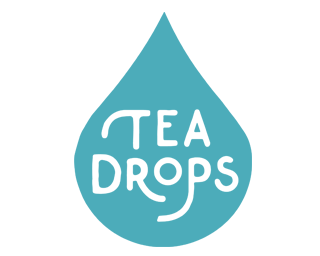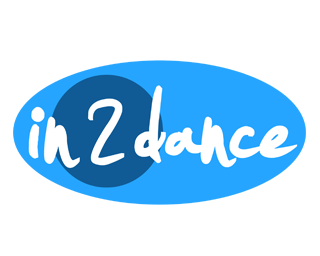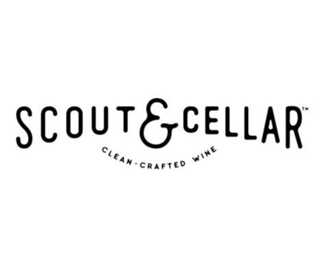Dietary Supplements & Women’s Health
November 18, 2019 Women have very specialized needs due to our unique biology (thanks hormones!). As women go through their life journey, including special times such as adolescence, pregnancy, and menopause; our nutritional needs change and we need to focus in on whether our diet is giving us the nutrients it needs. As a dietitian, my focus is to encourage foods first, rather than supplements. Considering that the supplement industry is huge and doesn’t neglect spending money on marketing; that makes the dietitian’s job tougher. As a busy adult it can be challenging to get all of your nutrients through food alone, and therefore when our nutrient needs raise; back-up vitamin and mineral supplements can be used to restore balance.
Women have very specialized needs due to our unique biology (thanks hormones!). As women go through their life journey, including special times such as adolescence, pregnancy, and menopause; our nutritional needs change and we need to focus in on whether our diet is giving us the nutrients it needs. As a dietitian, my focus is to encourage foods first, rather than supplements. Considering that the supplement industry is huge and doesn’t neglect spending money on marketing; that makes the dietitian’s job tougher. As a busy adult it can be challenging to get all of your nutrients through food alone, and therefore when our nutrient needs raise; back-up vitamin and mineral supplements can be used to restore balance.
Exercise Enthusiasts: Intense daily physical training increases your calcium and iron needs and has been associated with lowered Vitamin D. Please don’t skimp on any meals when you are rigorously exercising. Many women will exercise excessively and under eat in order to lose weight, however it’s not just fat that gets lost.
An insufficient calcium and low Vitamin D stores can affect bone health causing stress fractures and osteoporosis. Fish and Dairy (including fortified soy products and almond milk) are excellent sources of Calcium and Vitamin D.
Women are at an increased risk for iron deficiency anemia due to menstrual cycles; performance can suffer and the immune system can be compromised. It’s not recommended that women self-diagnose iron deficiencies, since overdosing on iron is easy; therefore if you have any concerns make an appointment with your primary care provider. To prevent a deficiency; assess your current intake of beans, beef, egg yolks, leafy greens (cooked) and raisins and if you need to; increase these foods in your diet.
Premenstrual Syndrome (PMS):
There is no cure, especially not with supplements; but taking a general multivitamin (see below under pregnancy) may help ensure adequate micronutrient intake; especially Calcium, Vitamin B6, and Magnesium. Have three servings of dairy or dairy alternatives per day, 12 ounces of seafood a week and perhaps some bananas and avocados here and there might help.
 Pregnancy:
Pregnancy:
If you are pregnant, planning to be pregnant or are a woman of child bearing age; taking a multivitamin is generally a good thing. A prenatal multivitamin is going to contain folic acid, iron, and iodine; which are all important nutrients to make a baby. The big catch is that a folic acid supplement should be taken before pregnancy; because a lack of foliate before and during pregnancy is one cause of neural tube defects (spina bifida, cleft palate, etc.). Remember that the pre-natal multivitamin should be thought of as a ‘safety-net’ and does not replace a nutritious diet, your baby still needs a variety of healthy foods.
Breastfeeding:
A woman who is breastfeeding has increased nutrient needs; Vitamin A, Calcium, Zinc, and Iodine. Unfortunately, there is no general consensus when it comes to recommendations on the use of individual or multivitamins during lactation. These vitamins and minerals can be obtained by eating a variety of nutrient-rich foods; which is easier said than done when it comes to taking care of ones-self while also taking care of a newborn. If you know that your diet is lacking due to frequent fast food intake; it might be a good idea to take a general-purpose or prenatal multivitamin just in case.
Menopause:
This next phase of life just brings new challenges to women. Women no longer need as much iron, however they now have a new concern: osteoporosis. Women need to focus on having adequate Calcium and Vitamin D. Increased risk for cancer also goes up and therefore foods rich in selenium (brazil nuts and sunflower seeds), Vitamin C and Vitamin E (pumpkin seeds) are very beneficial. Hot flashes, everyone’s favorite topic can be alleviated with the Omega 3 fatty acids from fish, flax seeds and nuts.
Note: there is very little research on the efficacy and safety of herbal or botanical supplements. Please be extremely cautious during pregnancy, breastfeeding, and menopause; we are still susceptible to recommendations from online friends who happily push essential oils and their favorite ‘all natural’ product lines. All natural might not be natural for your baby or your changing body. The best way to put it: when you are on certain medications, and become pregnant, your doctor will take you off of those medications since they are known to cause harm to a developing baby. Doctor’s know this because scientists study the effects of prescription medications. Scientists do not study what supplements will do to a human, let alone a developing fetus. It’s not that doctors and scientists don’t care; it’s that the FDA can’t regulate supplements.
Please remember that you do not need supplements unless you have known nutrient deficiencies or are pregnant / breastfeeding. Please talk to your Primary Care Provider before starting any dietary supplements.





